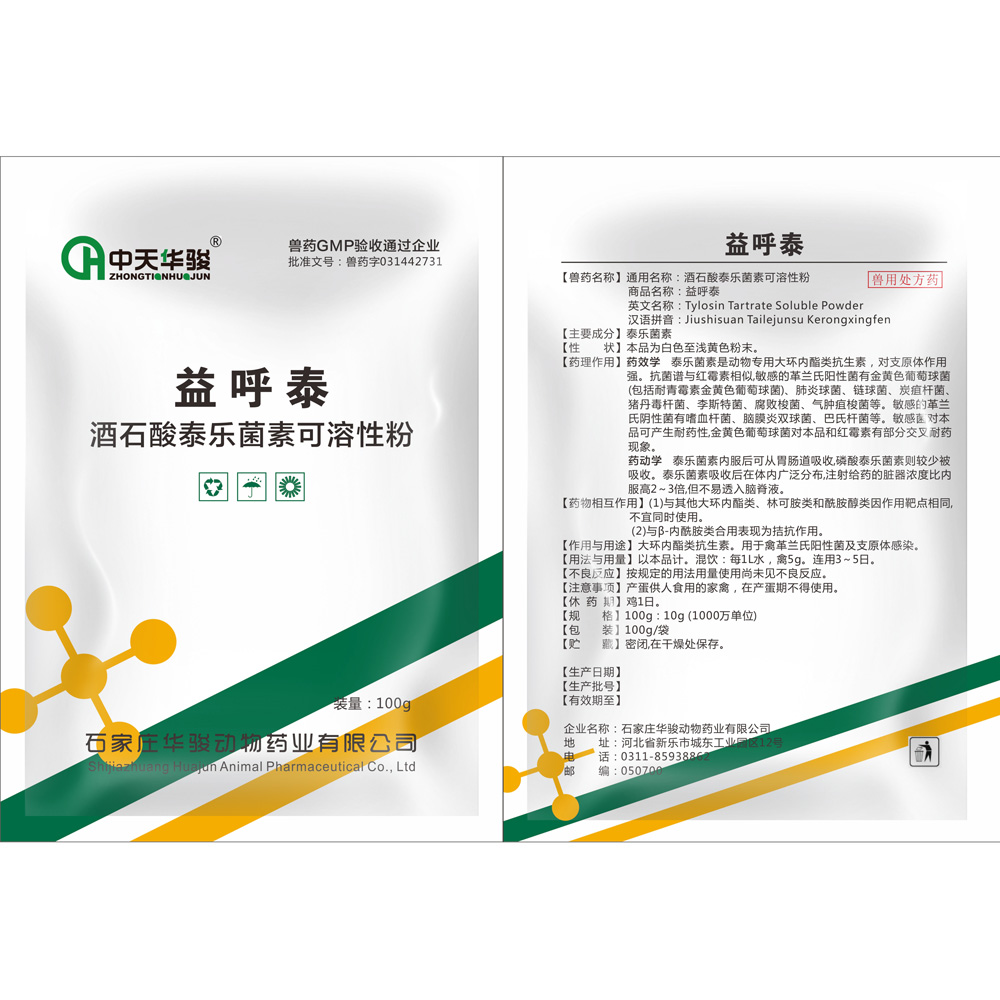
दिसम्बर . 12, 2024 03:19 Back to list
custom interferon gamma 1b
Custom Interferon Gamma 1b A Novel Therapeutic Approach
Interferon gamma (IFN-γ) is a potent cytokine, crucial in mediating immune responses against viral infections and tumors. Among its therapeutic variants, Interferon gamma 1b (IFN-γ1b) has emerged as a significant focus in immunotherapy. Gaining attention for its role in various immune-related disorders, this custom-engineered cytokine holds promise in enhancing treatment strategies for conditions like chronic granulomatous disease (CGD) and certain types of cancer. This article explores the nature of Interferon gamma 1b, its mechanism of action, therapeutic applications, and future potential.
What is Interferon Gamma 1b?
Interferon gamma 1b is a recombinant form of the naturally occurring IFN-γ. It is produced using advanced biotechnological methods and is designed to mimic the activity of endogenous IFN-γ. This cytokine is distinct from its alpha and beta counterparts, as it primarily functions in activating macrophages, promoting antigen presentation, and enhancing the cytotoxic activity of immune cells. The engineered version, IFN-γ1b, differs slightly in structure but retains the essential functions necessary for immune modulation.
Mechanism of Action
The primary mode of action of IFN-γ1b revolves around its ability to activate the immune system. It binds to specific receptors on the surface of immune cells, initiating a cascade of signaling pathways. One of the most critical actions is the upregulation of major histocompatibility complex (MHC) molecules, which are essential for the presentation of antigens to T cells. This interaction strengthens the adaptive immune response, enabling the body to recognize and eliminate pathogens and cancerous cells more effectively.
Additionally, IFN-γ1b enhances the ability of macrophages to ingest and destroy pathogens. By stimulating oxidative burst activity, it increases the production of reactive oxygen species, which play a key role in killing bacteria and fungi. This is particularly beneficial in conditions like CGD, where patients have a genetic defect in their ability to produce these reactive species.
Therapeutic Applications
The therapeutic applications of IFN-γ1b are diverse. One of the primary indications is for the treatment of chronic granulomatous disease, a rare inherited immunodeficiency characterized by recurrent infections due to the inability to effectively kill certain bacteria and fungi. Clinical studies have demonstrated that IFN-γ1b significantly reduces the frequency and severity of infections in CGD patients, improving their quality of life and overall prognosis.
custom interferon gamma 1b

Moreover, IFN-γ1b is being explored as an adjuvant therapy in various malignancies. Its ability to enhance immune responses makes it a candidate for combination therapies designed to boost the efficacy of existing cancer treatments such as chemotherapy and immunotherapy. Research is ongoing to evaluate its role in various cancers, including melanoma and metastatic diseases.
Side Effects and Considerations
Like any therapeutic agent, IFN-γ1b is not devoid of side effects. Common adverse reactions include flu-like symptoms, injection site reactions, and changes in liver function tests. However, these effects are typically manageable, and many patients tolerate the treatment well. It is essential for healthcare providers to monitor patients regularly and adjust the treatment regimen as necessary.
Future Directions
As research into IFN-γ1b continues, several exciting avenues are being explored. The potential for using this cytokine in personalized medicine approaches is particularly noteworthy. By tailoring IFN-γ1b treatment to the specific immune profiles of patients, it may be possible to optimize therapeutic benefits while minimizing adverse effects.
Additionally, studies are investigating the combination of IFN-γ1b with other immunotherapies, such as checkpoint inhibitors, to enhance anti-tumor responses. Given the current landscape of cancer treatment, integrating IFN-γ1b into multifaceted treatment regimens could yield significant improvements in patient outcomes.
Conclusion
Custom Interferon gamma 1b represents a promising advancement in immunotherapy, offering new hope for patients with chronic granulomatous disease and various malignancies. Its unique mechanism of action and ability to enhance immune responses position it as a vital tool in the arsenal against immune-related disorders. As research progresses, IFN-γ1b may pave the way for innovative treatment strategies that harness the full potential of the immune system, transforming the landscape of modern medicine. With ongoing studies and clinical trials, the full impact of this therapeutic agent is yet to be realized, but its future appears bright in the realm of immunotherapy.
-
Epic Sepsis Factories: AI-Driven Detection with GPT-4 Turbo
NewsJul.31,2025
-
Acute Salpingitis and Oophoritis AI Factory
NewsJul.31,2025
-
Premium China Bacillus Subtilis Supplier & Factory Solutions
NewsJul.30,2025
-
Premium Avermectin Supplier in China | Custom Solutions Available
NewsJul.29,2025
-
China Bacillus Subtilis Supplier - Custom Factory Solutions
NewsJul.29,2025
-
China Salivation: Leading Custom Salivation Supplier & Factory Solutions
NewsJul.29,2025




